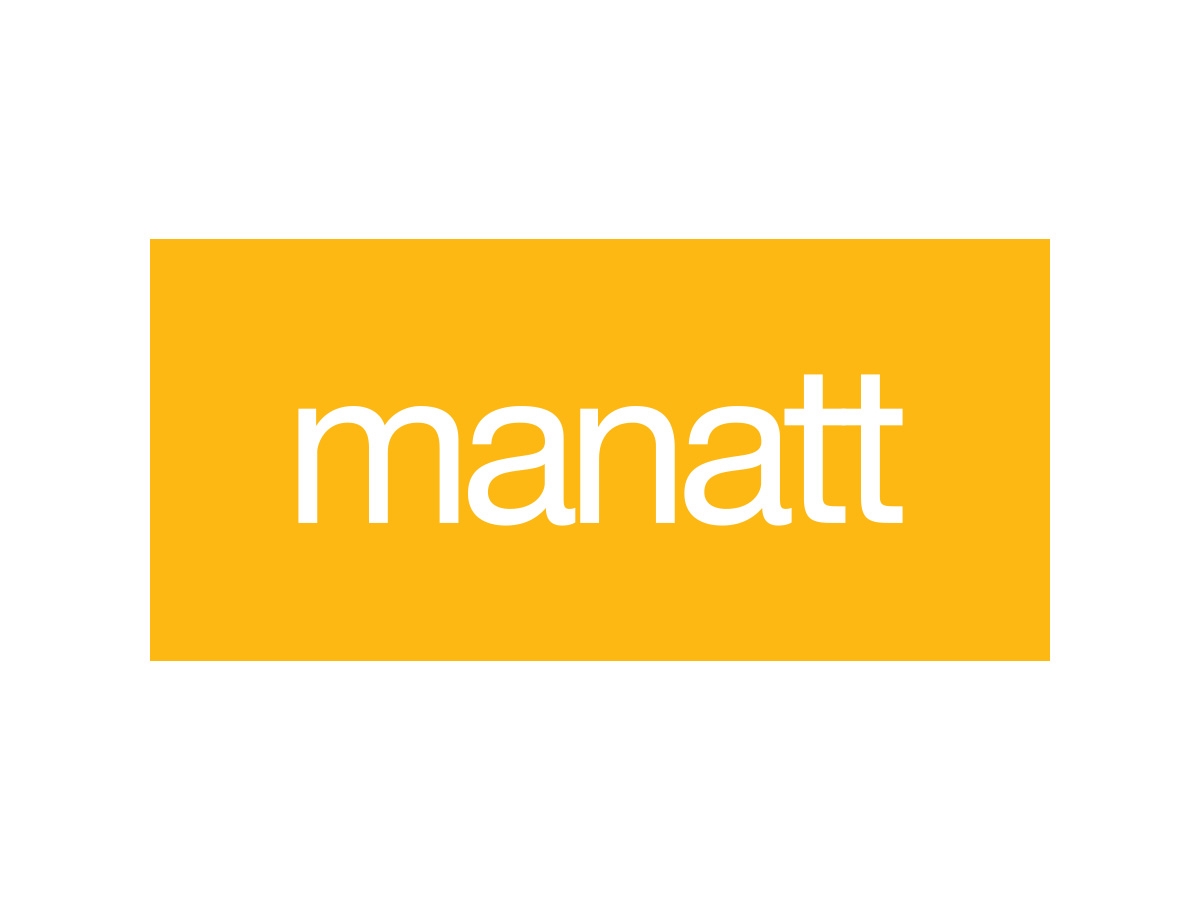Biden’s March-In Proposal Must ‘Immediately Be Withdrawn’
“Ironically, even the draft framework implicitly acknowledges that misusing the march-in provision for price controls will have little, if any, impact on lowering drug costs – the purported reason for this exercise.”- Bayh-Dole Coalition Letter
The Bayh-Dole Coalition yesterday submitted comments to the National Institute of Standards and Technology (NIST) asking the agency to withdraw the recently published Draft Interagency Guidance Framework for Considering the Exercise of March-In Rights.
The Coalition’s Executive Director, Joseph Allen, who authored the letter and formerly served as the Senate Judiciary Committee staffer to Senator Birch Bayh (D-IN), explained that “the framework would irreparably undermine one of the most successful laws in American history.”
While Bayh-Dole contemplates march-in rights, the law strictly limits the situations in which such rights can be exercised and does not make any reference to pricing as a criterion for marching in. March-in requests have been rejected on a bipartisan basis multiple times since the bill became law and even then-Senator Joe Biden himself has opposed attempts to inject price controls into the law.
But under the Biden Administration’s recently proposed framework, an agency may consider “[a]t what price and on what terms has the product utilizing the subject invention been sold or offered for sale in the U.S.” and whether “the contractor or licensee [has] made the product available only to a narrow set of consumers or customers because of high pricing or other extenuating factors”. This significantly broadens the criteria for compulsory licensing of patented technology developed with federal funding.
Allen’s letter noted that the worst part of the proposal is it is highly unlikely to actually have any impact on drug prices. Instead, it would merely put small businesses and startups—who overwhelmingly rely on Bayh-Dole—at risk of losing investment prospects. “Ironically, even the draft framework implicitly acknowledges that misusing the march-in provision for price controls will have little, if any, impact on lowering drug costs – the purported reason for this exercise,” said the letter.
It went on to cite a study that found 92% of the studied therapies were not covered under Bayh-Dole and that 99% of the therapies “cannot be marched-in upon, as the key patents studied do not cover the entire asset’s intellectual property.”
“The draft framework will do effectively nothing to lower drug costs, but it will lower American innovation,” the letter added.
The Coalition’s letter explained that the lack of a definition for what constitutes a “reasonable price”; the use of hypotheticals, rather than real-world examples of the need for march-in; and a lack of statutory authority for the proposed changes, among other reasons, warrant an immediate withdrawal of the framework.
In December, Senator Thom Tillis (R-NC) sent a letter to President Biden asking him to answer three broad questions related to the proposal and noting that “’[M]arch-in’ was never intended to serve as a mechanism for regulating the pricing of any products. The law makes no reference to a ‘reasonable price’ that should be dictated by the government, and this omission was intentional.”
More recently, the U.S. Chamber of Commerce’s Global Innovation Policy Center (GIPC) said it wants details on the Interagency Working Group for Bayh-Dole referenced in the December Federal Register Notice (FRN) announcing the framework and, in particular, all communications between the Working Group and the Office of Senator Elizabeth Warren or the Office of Senator Bernie Sanders, as well as “any staff member, employee, or representative of Knowledge Economy International (KEI), the Initiative for Medicines, Access, and Knowledge (I-MAK), the Center for American Progress, Patients for Affordable Drugs, or Public Citizen.”
The GIPC sent Freedom of Information Act (FOIA) requests on January 9 to the Department of Commerce and the National Institutes for Standards and Technology (NIST). GIPC Vice President Brad Watts said he also hopes the proposal will simply be withdrawn because “this is going to have a massive chilling effect on true small startups… The people really being hurt are small inventors and mom and pops in the lab. That’s the irony of all of this.”
The 60-day comment period for informational submissions closes on February 6, 2024. Comments can be submitted here.
Image Source: Deposit Photos
Image ID: 637848838
Author: thaneeh.gmail.com
Eileen McDermott
Eileen McDermott is the Editor-in-Chief of IPWatchdog.com. Eileen is a veteran IP and legal journalist, and no stranger to the intellectual property world, having held editorial and managerial positions at […see more]







